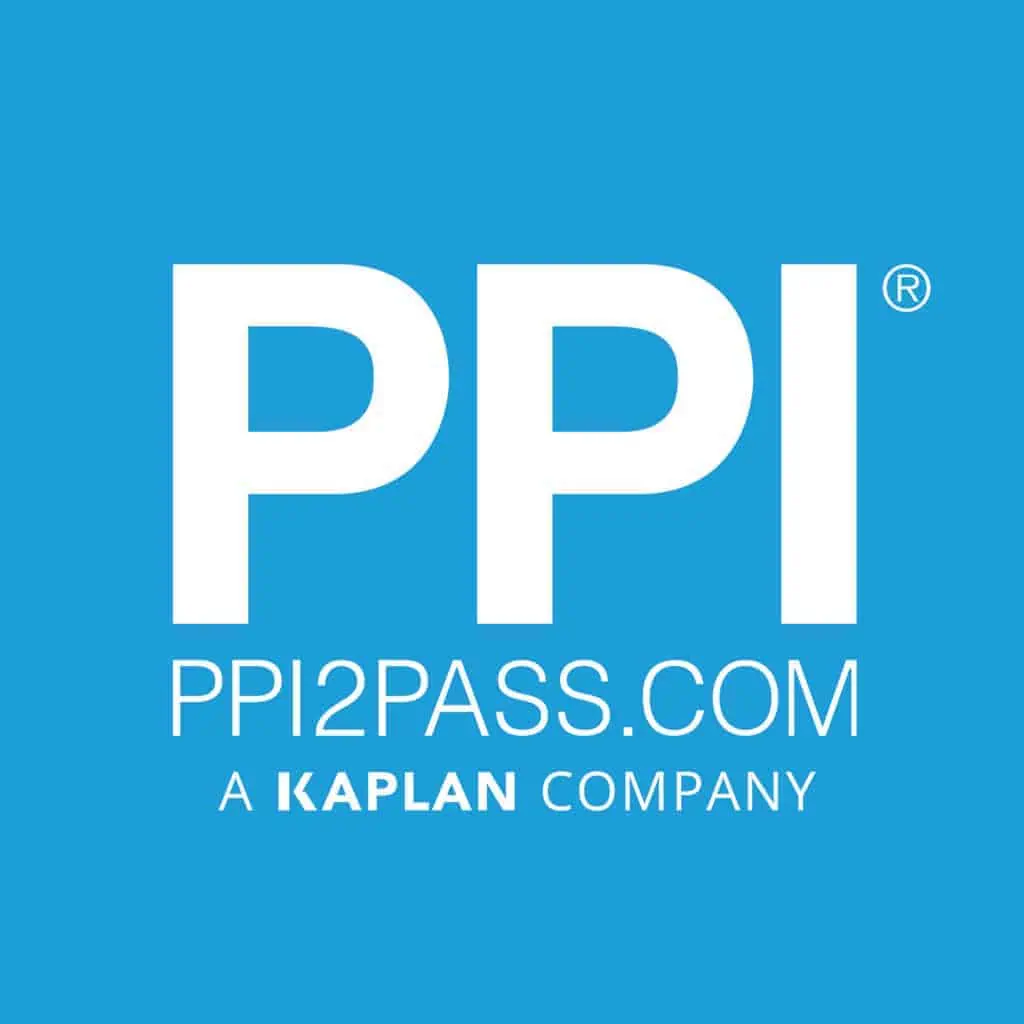In this article (and video above), I discuss an interesting fact: about 30% of PE exam candidates qualify with just a Master’s degree. Surprising, isn’t it? But the real question is, can a Master’s degree alone secure the license you need? Let’s explore the answer together!
First things first—what exactly is the PE exam? The Principles and Practice of Engineering (PE) exam is a significant milestone in the engineering world. Earning your PE license can open doors to advanced career opportunities, proving you have the knowledge and skills to handle responsible engineering tasks. If you’ve got a Master’s degree, you might feel like you’re ahead of the game. But are you really?
There’s a common misconception among aspiring engineers: having a Master’s degree automatically qualifies you for the PE exam. Spoiler alert: it’s not that simple! There are specific eligibility requirements that go beyond just having an advanced degree. Understanding these requirements is crucial because overlooking them could set you back. Let’s clear up these misconceptions and make sure you’re on the right path.
So, what are the actual requirements for taking the PE exam? While a Master’s degree can give you an edge, it’s not the only factor. You’ll also need relevant work experience—usually four years of engineering work under the supervision of a licensed PE. However, if your Master’s degree is from an accredited program, some states might allow you to substitute part of that experience, potentially reducing the requirement to just two years. But be sure to check your state’s specific rules, as they can vary widely.
Now, here’s the answer you’ve been waiting for: is a Master’s degree alone enough to take the PE exam? The short answer: it depends. If you meet the work experience requirements and everything else lines up, then yes, you could qualify. But if you’re lacking the necessary experience, your Master’s degree alone won’t be enough. It’s important to remember that while your degree is valuable, the hands-on experience you gain in your career is just as crucial. Keep this in mind as you plan your path forward!
Here are some Steps you can take to Assess Your Eligibility:
- Identify Your Jurisdiction: Determine the state or country where you plan to practice engineering, as each has its own licensing requirements.
- Contact the Licensing Board: Reach out to the regulatory agency responsible for PE licensure in your chosen jurisdiction to gather information on eligibility criteria.
- Gather Information on Requirements: Obtain details on the specific requirements related to education, experience, and examinations from the licensing board.
- Review Specific Requirements: Check for any state- or country-specific requirements, such as the amount of supervised engineering experience needed.
- Seek Guidance: Use resources from the licensing board and professional organizations to guide you through the process.
- Prepare Your Application: Once you meet the eligibility requirements, prepare and submit your application with all necessary documentation.
- Stay Informed: After submission, follow up with the licensing board and stay updated on any changes or new regulations related to PE licensure.
Today, we’ve covered a lot about the eligibility requirements for the PE exam, especially when you have a Master’s degree. While having the degree is a great starting point, don’t overlook the importance of the required work experience. Take the time to fully understand these requirements to ensure you’re on the right track for your engineering career.
This Episode Is Brought to You by PPI
PPI
I hope you found this article helpful. In upcoming articles, I will solve some more PE exam practice problems and answer other questions from our subscribers. Pass the PE Exam videos will publish weekly, so be sure to click the subscribe button so you don’t miss something that could make a substantial difference in your exam result.
Lastly, I encourage you to ask questions in the comments of this video, or on this page, and I’ll read and respond to them in future videos. So, if there’s a specific topic you want me to cover or answer, we have you covered.
I’ll see you next week… on Pass the PE Exam
Anthony Fasano, P.E., AEC PM, F. ASCE
Engineering Management Institute
Author of Engineer Your Own Success

Leave a Reply